
YTUMUN
Yildiz Technical University Model United Nations
Konferans Ücretleri
Prosedür
Organizatörler





































Komiteler

Agenda Item 1: Elimination of Racism, Racial Discrimination, Xenophobia, and Related Intolerance
Agenda Item 2: Countering the use of information and communications technologies for criminal purposes
Konferansa Gelen Yorumlar
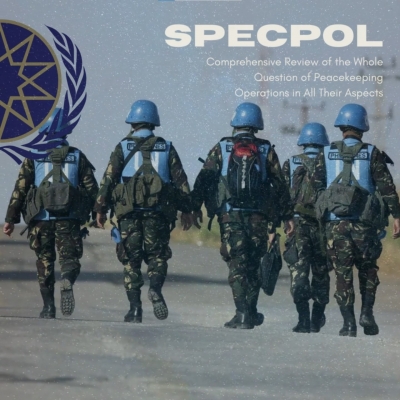
Agenda Item: Comprehensive Review of the Whole Question of Peacekeeping Operations in All Their Aspects
Konferansa Gelen Yorumlar
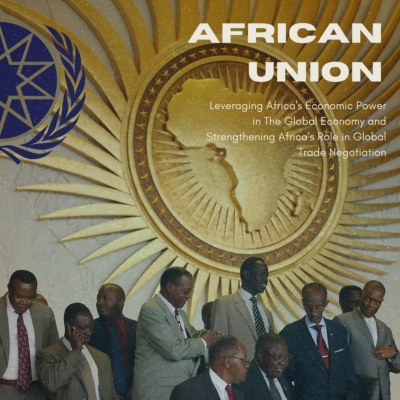
Agenda Item: Leveraging Africa's Economic Power in The Global Economy and Strengthening Africa's Role in Global Trade Negotiations
Konferansa Gelen Yorumlar
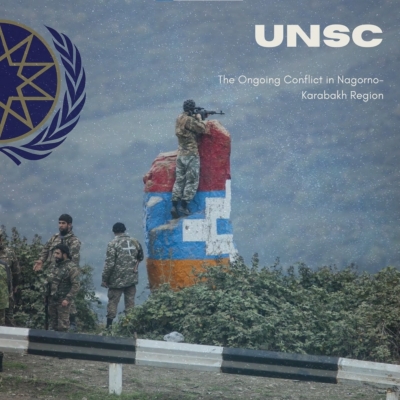
Agenda Item: The Ongoing Conflict in Nagorno-Karabakh Region
Konferansa Gelen Yorumlar
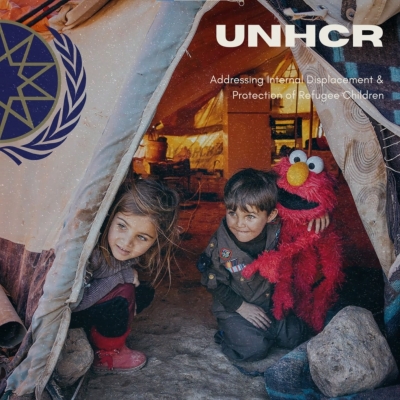
Agenda Item 1: Addressing Internal Displacement
Agenda Item 2: Protection of Refugee Children
Konferansa Gelen Yorumlar
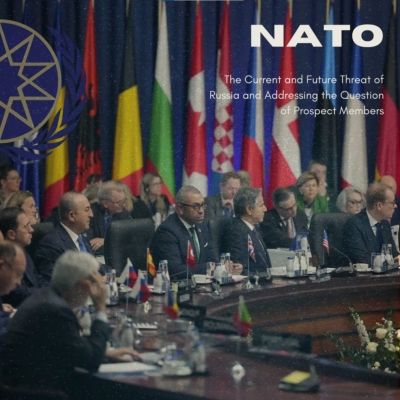
Agenda Item: The Current and Future Threat of Russia and Addressing the Question of Prospect Members
Konferansa Gelen Yorumlar
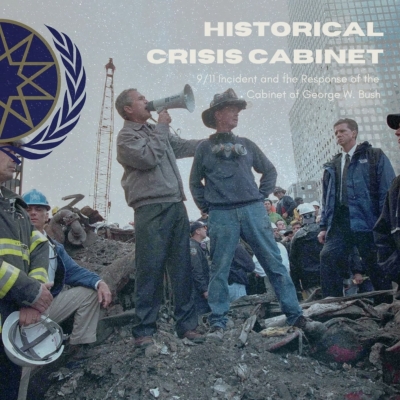
Agenda Item: 9/11 Incident and the Response of the Cabinet of George W. Bush
Konferansa Gelen Yorumlar
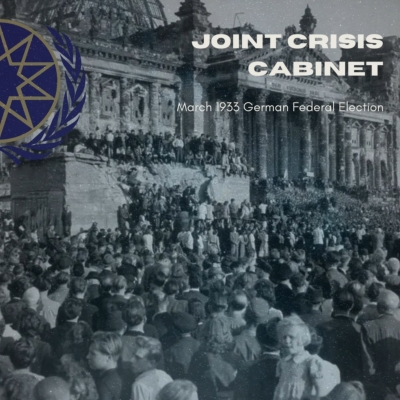
Agenda Item: 1933 German Federal Election
The 1933 German Federal Elections were a significant event in the country's history, marking the end of the Weimar Republic and the beginning of the Nazi regime under Adolf Hitler. To fully understand the circumstances and outcomes of these elections, it is important to have a comprehensive understanding of the political and social context in which they took place. This is where the committee comes in. The committee's goal is to examine the events leading up to the 1933 German Federal Elections, the election process itself, and the impact of the election results on Germany and the world. Through election debates and propaganda, are you the one to help your party win this crucial election and change the shape of the world for once and all?
Konferansa Gelen Yorumlar
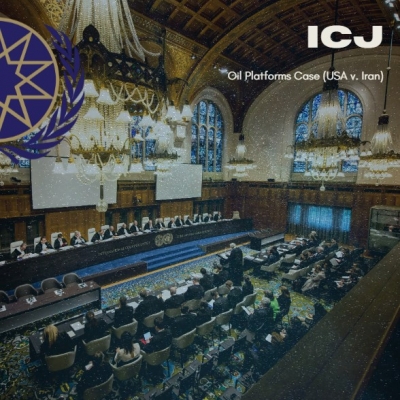
The International Court of Justice (ICJ) is the official organ within the United Nations that exercises the authorization of judgment. The court was established after the Second World War on the base of maintaining international peace, security, and justice above its jurisdictions. The court is composed of 15 judges in total, with them being tasked and selected by the United Nations General Assembly and the United Nations Security Council.
In this meeting of the court, judges will determine its jurisdiction on the Islamic Republic of Iran's application upon the 1987-1988 destruction operation by the US Navy on three oil platforms in the Persian Gulf. Withstanding that the "1955 Treaty of Friendship, Economic Relations and Consular Rights between the United States and Iran" is the main document to be interpreted while shaping the conclusion of the court; possible pieces of evidence that may be submitted by both the Claimant and Defendant sides, witnesses that may express important points to be clarified and other objective factors related to the case should also be considered and debated upon.
Case: Oil Platforms Case (Islamic Republic of Iran v. United States of America)







